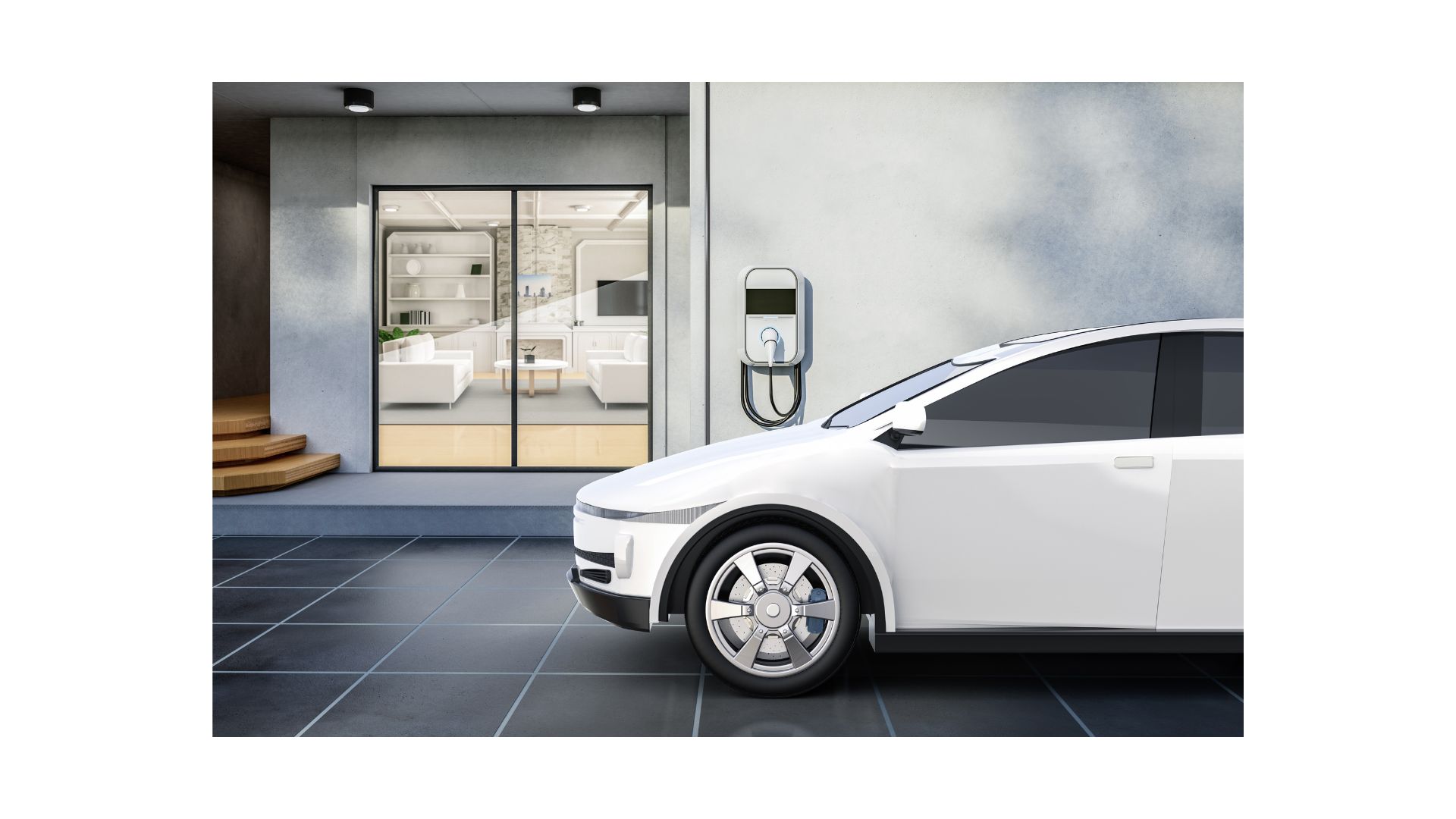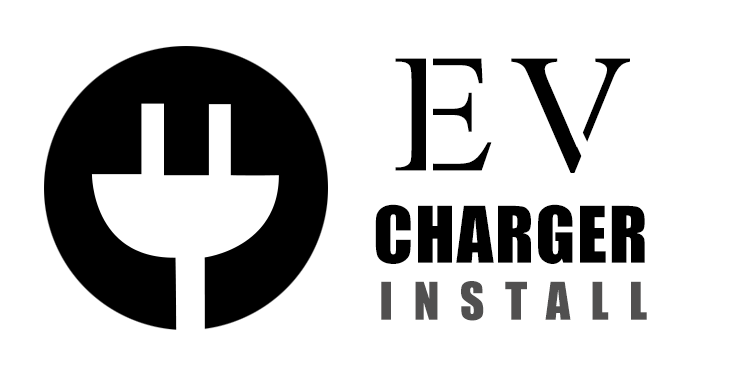
As electric vehicles (EVs) continue to gain popularity, more homeowners are considering installing EV chargers at home. Choosing the right charger can seem overwhelming with various options available, but with the right information, you can make an informed decision that suits your lifestyle and vehicle needs. In this guide, we’ll walk you through the key factors to consider when selecting the perfect EV charger for your home.
Understanding EV Charger Types
Before diving into the selection process, it’s essential to understand the different types of EV chargers available:
- Level 1 Chargers:
- These chargers use a standard 120-volt outlet and are usually the least expensive option.
- Charging speed is relatively slow, typically adding about 3-5 miles of range per hour.
- Suitable for overnight charging and for those who drive shorter distances daily.
- Level 2 Chargers:
- Operating at 240 volts, Level 2 chargers can significantly reduce charging time, adding approximately 10-60 miles of range per hour.
- These are the most popular choice for home installations and require a dedicated circuit.
- Ideal for EV owners who drive longer distances or who prefer quicker charging times.
- DC Fast Chargers:
- These chargers are primarily found in commercial settings due to their high cost and power requirements.
- They can recharge an EV to 80% in about 30 minutes but are not typically used for home installations.
Assess Your Charging Needs
Vehicle Compatibility
First, check the compatibility of the charger with your specific EV model. Most EVs come with a Level 1 charger, but for faster home charging, a Level 2 charger is recommended. Ensure that the charger you choose supports the charging standard of your vehicle (J1772 is common in North America).
Daily Driving Habits
Consider how far you typically drive each day. If your daily commute is short (less than 30 miles), a Level 1 charger might suffice. However, if you frequently take longer trips or want to minimize downtime, a Level 2 charger is the way to go.
Charging Speed Requirements
Think about your lifestyle and how quickly you need your vehicle charged. If you can plug in overnight and have a Level 2 charger, you can fully charge most EVs within a few hours. If your EV usage fluctuates or you have multiple vehicles, investing in a faster charger can provide peace of mind.
Evaluate Your Home’s Electrical System
Electrical Capacity
Before purchasing a charger, assess your home’s electrical system. A Level 2 charger typically requires a dedicated 240-volt circuit, which may necessitate an electrical panel upgrade if your current setup doesn’t support it. Consult with a licensed electrician to evaluate your home’s electrical capacity and determine any necessary modifications.
Installation Location
Identify where you’ll install the charger. Consider the proximity to your parking area, accessibility, and whether it will be mounted on a wall or freestanding. Ideally, the charger should be located near your vehicle to minimize the length of the charging cable needed.
Weather Considerations
If you live in an area with extreme weather conditions, consider a weatherproof charger, especially if it will be installed outdoors. Many Level 2 chargers are designed to withstand various environmental conditions, but it’s always good to check the specifications.
Research Charger Features
Smart Charging Capabilities
Many modern EV chargers come equipped with smart features, allowing you to monitor and control charging through a mobile app. These features can include:
- Scheduling: Set charging times to take advantage of lower electricity rates during off-peak hours.
- Energy Monitoring: Track your energy usage and charging costs.
- Remote Start/Stop: Start or stop charging from your smartphone.
Connectivity Options
Look for chargers that offer Wi-Fi or Bluetooth connectivity. This can provide added convenience, enabling you to receive notifications about your charging status or troubleshoot issues.
Cable Length
Consider the length of the charging cable. Ensure it’s long enough to reach your vehicle’s charging port without creating a tripping hazard or requiring excessive maneuvering. Most Level 2 chargers come with cables ranging from 16 to 25 feet.
Budgeting for Your EV Charger
Initial Costs
The price of EV chargers can vary significantly based on their type and features. Level 1 chargers can be found for as low as $300, while Level 2 chargers typically range from $500 to $1,500, depending on smart features and brand.
Installation Costs
In addition to the charger itself, factor in the installation costs. Hiring a licensed electrician can cost between $300 and $1,000, depending on the complexity of the installation and any necessary electrical upgrades.
Incentives and Rebates
Check for any local, state, or federal incentives for installing an EV charger. Many places offer rebates or tax credits that can help offset the costs. Resources like the U.S. Department of Energy’s Alternative Fuels Data Center can provide information on available programs in your area.
Conclusion
Choosing the right EV charger for your home is a vital step in maximizing the benefits of electric vehicle ownership. By assessing your driving habits, understanding your home’s electrical system, and considering the features that matter most to you, you can make a well-informed decision. Whether you opt for a basic Level 1 charger or a feature-rich Level 2 model, the right charger will enhance your EV experience and ensure you’re always ready to hit the road. As the EV landscape continues to evolve, investing in the right charging solution is more important than ever for your convenience and peace of mind.
